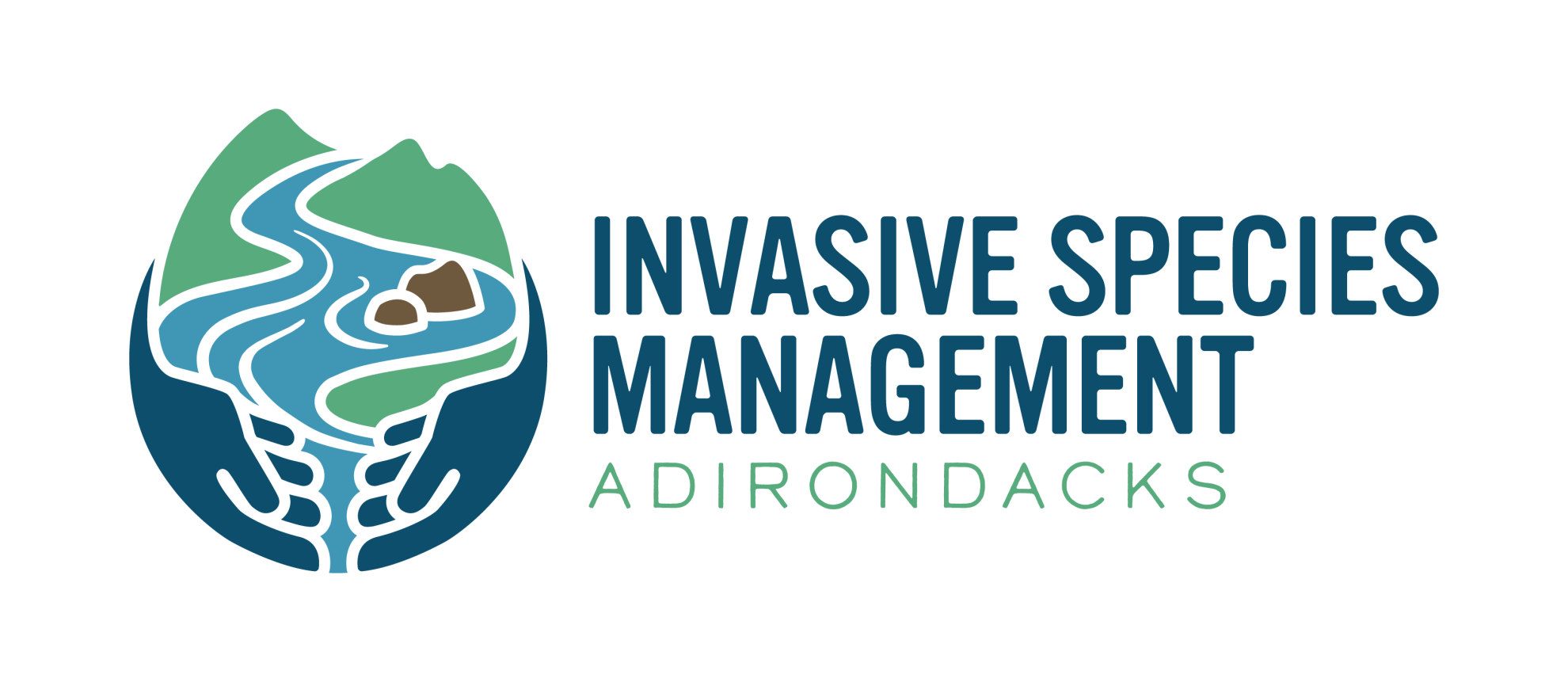Emerald Ash Borer Workshop, Glyphosate Ban and Upcoming Partner Meetings

Emerald Ash Borer Workshop, Glyphosate Ban and Upcoming Partner Meetings
Dear Partners,
I hope your new year is off to a good start. APIPP has a lot planned in the next two months and I hope you’ll mark your calendars and join us for some of our events. There are also a few policy issues we wanted to bring to your attention. Our APIPP team looks forward to working with you in the year ahead.
Emerald Ash Borer Update
Emerald ash borer (EAB) is a very small but very destructive beetle. It can kill a tree in two or three years. Most long-distance movement of EAB has been tracked to firewood or ash nursery stock. EAB was first detected in the Adirondack Park in the summer of 2020 and there are several infestations in the counties north of the Park.
New York has restrictions on the movement of firewood and, since EAB is a regulated species, state law prohibits anyone from selling, importing, purchasing, transporting, introducing or propagating EAB.
The United States Department of Agriculture (USDA) had a domestic quarantine in place, regulating the movement of EAB-infested wood. USDA has determined that the quarantine is no longer effective and is changing its approach. On December 15, the Agency published a final rule that removes the federal domestic EAB quarantine regulations. It will direct available resources toward non-regulatory options for management and containment of the pest, such as rearing and releasing biological control agents. In 2021, the New York State Department of Environmental Conservation (NYSDEC), APIPP, and other partners will work with USDA to determine if there are any suitable biological control sites in the Adirondack region.
Planning for Emerald Ash Borer: Best Practices for Managing Adirondack Ash Woodlands Webinar – January 26, 2021 10:00am – 11:30am
Now that EAB is in the Park, what can you do to manage it? Join APIPP and local forestry experts from the St. Lawrence County Soil and Water Conservation District to learn how you can help manage Adirondack woodlands to reduce the impacts of EAB. This workshop is designed for land and estate managers, woodlot owners, municipalities, and homeowners. With the right tools, we can protect the future of Adirondack Ash species. Click here to register for the webinar. The recording will be posted on our website if you miss the webinar.
Glyphosate Ban Signed into Law, Technical Amendments Coming
Governor Cuomo signed a bill banning the application of glyphosate on state lands into law at the end of 2020. The law will go into effect in December 2021. Technical amendments to allow NYSDEC to craft regulations to allow very limited use of glyphosate to maintain critical infrastructure, ensure public health and safety, and to control invasive species is pending before the New York State Senate and Assembly. The bill numbers for this legislative session are: (A1263/ S899).
February 9: Aquatic Invasive Species Partner Discussion – 10am-11:30am
February 10: Terrestrial Invasive Species Partner Discussion – 10:00am-11:30am
We heard great feedback about the topic-based discussions held during the November partner meeting. We also heard in the fall partner survey that some of you would like shorter but more frequent meetings during COVID19 restrictions. We too want to stay connected. We have two mornings planned in February to continue our topic-group conversations where partners can share their plans for 2021. We will reserve a little time at the end of each meeting to get your feedback on outreach materials we are creating for next summer. Mark your calendar now and register on our website for the February 9 Aquatic Partner Gathering or the February 10 Terrestrial Partner Gathering or both!
Summer 2021 Seasonal Management Steward Position Posted – Applications Due by January 31
The summer 2021 APIPP Invasive Species Management Steward [job ID#49209] position is posted and applications are due by January 31. The Management Steward conducts invasive species surveys, collects and analyzes data, provides education about invasive species, and manages invasive species at high-use recreation areas such as campgrounds and trailheads throughout the Adirondack region. This is a three-month, full-time, seasonal position that may be extended to six months depending on the availability of funds. Experience with field data collection techniques is required and a bachelor’s degree is preferred.
Tammara
P.S. Don’t forget to register for the Hemlock Woolly Adelgid workshop at 3:00pm on February 25!

